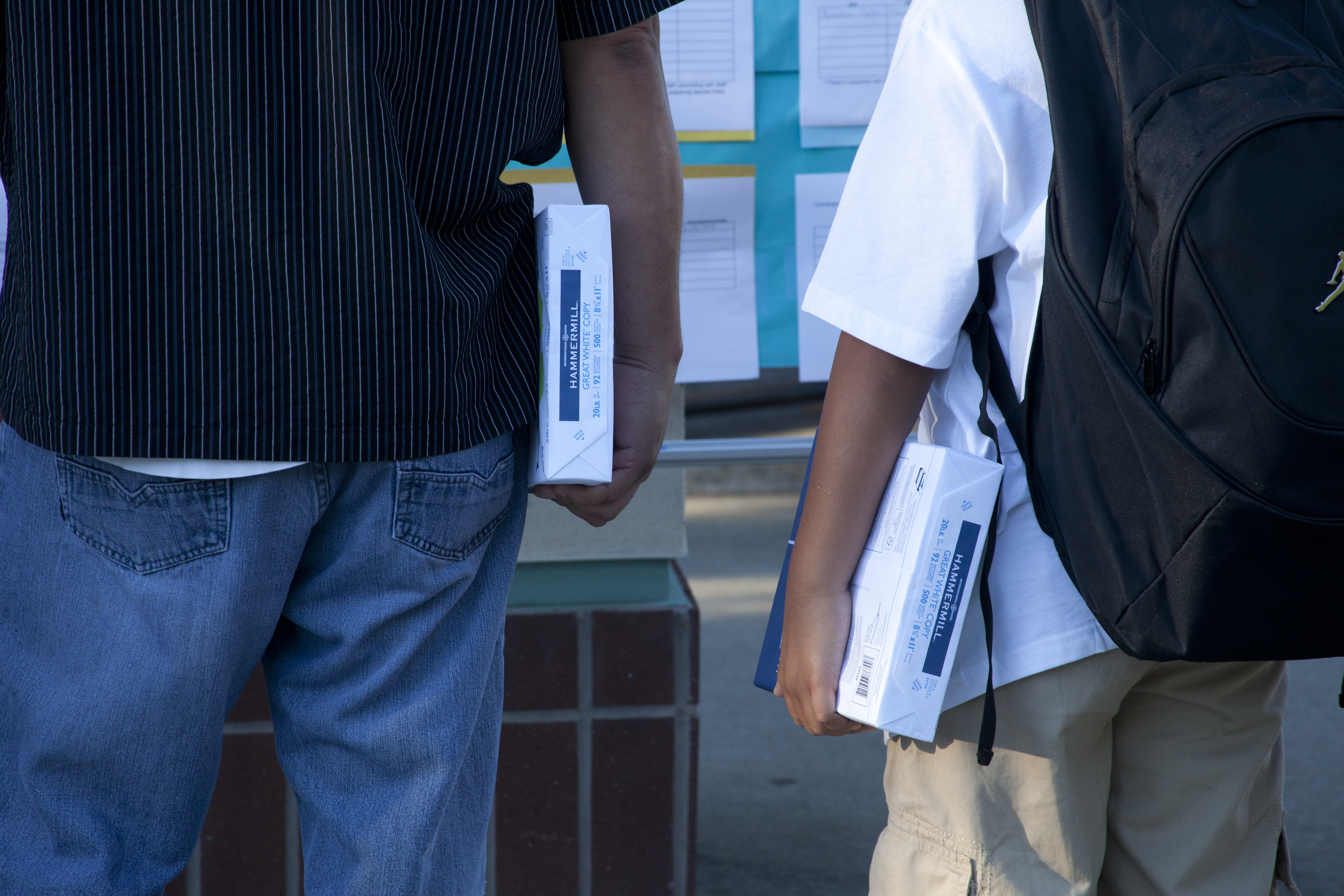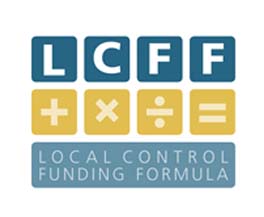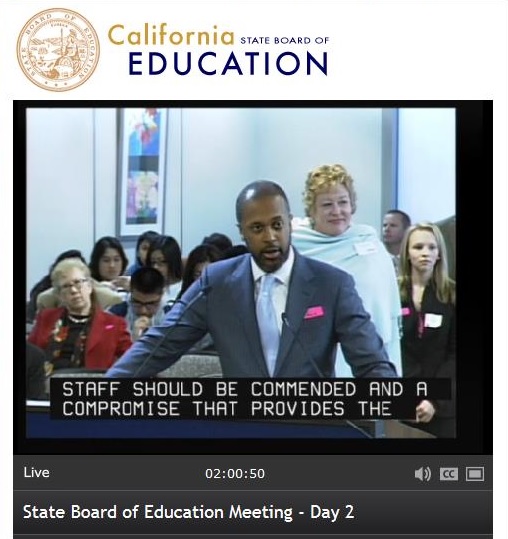Lunch will now be free for students in the Palm Springs Unified School District who used to receive a reduced lunch price of 40 cents per meal, the Board of Education recently decided. This will positively impact the achievement of some low-income students whose families still cannot afford the reduced meal prices. Research has shown that children learn better when they are properly nourished. The change is set to go into effect at the start of the 2014-15 school year and will cost the district about $14,000 monthly, which will be paid by the district’s nutrition fund, separate from general fund dollars.
What can principals do to make parents feel more welcome at their child’s school?
The Local Control and Accountability Plan is an exciting new development for local control and what we all hope will be equity. For the equity piece to work as planned, parents must step up to make their voices heard. This is also a time when we must ask, how can school leadership empower parent voices?
Counting low-income students for LCFF: CSBA and school meal advocates seek to reconcile state, federal methods
CSBA is striving to find a resolution that will ensure hungry students are fed and that participation in school meal programs continues, while also ensuring LCFF funding and accountability provisions are met.
New suspension/expulsion stats confirm use of discipline alternatives
The report that suspensions are down in California schools is welcome news to educators, students and their families—and a focus on alternative disciplinary strategies is getting the credit. A reduction in the number of actions for willful defiance (called student defiance in the official report) and a shift to programs like restorative justice that promote respect and personal responsibility have helped reduce expulsions by 12.3 percent and suspensions by 14.1 percent during 2012-13, State Superintendent of Public Instruction Tom Torlakson announced last week.
State Board adopts LCFF and LCAP regs, initiates permanent process
One hundred and sixty governance teams from across the state converged in Sacramento Jan. 16 to tell their stories and comment on the Local Control and Accountability Plan template and Local Control Funding Formula regulations.
Governor’s budget proposal boosts base spending, allocations for LCFF
Gov. Jerry Brown presented his 2014-15 budget proposal on Thursday, Jan. 9. The governor’s word of the day was prudence. His budget proposal continues a focus on paying down the state wall of debt. That being said, the budget does provide a Proposition 98 level of spending that is more than $6 billion above the enacted 2013-14 level. Total Prop 98 spending comes to $61 billion—this is about $5 billion more than the level of Prop 98 in 2008-09. Under the governor’s proposal, per-pupil funding from all sources comes to $9,194 in Prop 98 funds and $12,833 when all funds are considered, including federal money.
Senate confirms State Board Members Burr, Straus and Sandoval
After what Senate President pro Tem Darrell Steinberg called the most intensive Rules Committee hearing during his tenure, the full Senate confirmed Gov. Jerry Brown’s nomination of Sue Burr, Ilene Straus and Nicolosa Sandoval to California’s State Board of Education on Jan. 13.
CSBA-Drexel partnership yielding practical guidance for school boards
The CSBA/Drexel University Post-Doctoral Fellowship Program, launched in the spring of 2013, provides CSBA members with valuable information from the research work of the post-doctoral fellows and for the fellows, in turn, to have the opportunity to share their research with a key audience of school board members. Working with Policy and Programs staff, the fellows edited their extensive dissertation research into user-friendly governance briefs and succinct presentations at this year’s Annual Education Conference and Trade Show.
Prelude to a Budget: Assembly Democrats release their 2014-15 budget priorities
The Assembly Democrats released an outline of a 2014-15-budget proposal called “Blueprint for a Responsible Budget” on Dec. 11, just a month before the Gov. Jerry Brown is to release his budget proposal. The outline is organized around two themes: Ensuring Stability and Expanding Opportunity. It does not contain specific expenditures or funding levels; the proposals are to serve as guideposts throughout the budget process and will be updated and refined as additional fiscal information becomes available.
Urban districts look to Linked Learning partnerships as a way to promote equity
The Urban School Districts Luncheon, held during CSBA’s Annual Education Conference and Trade Show in San Diego, focused on veteran board member perspectives of Linked Learning implementation. The event provided an extended opportunity for governance teams, Business Affiliates, and experts from the field a chance to network and discuss how they might partner together to enhance public education within their districts.










